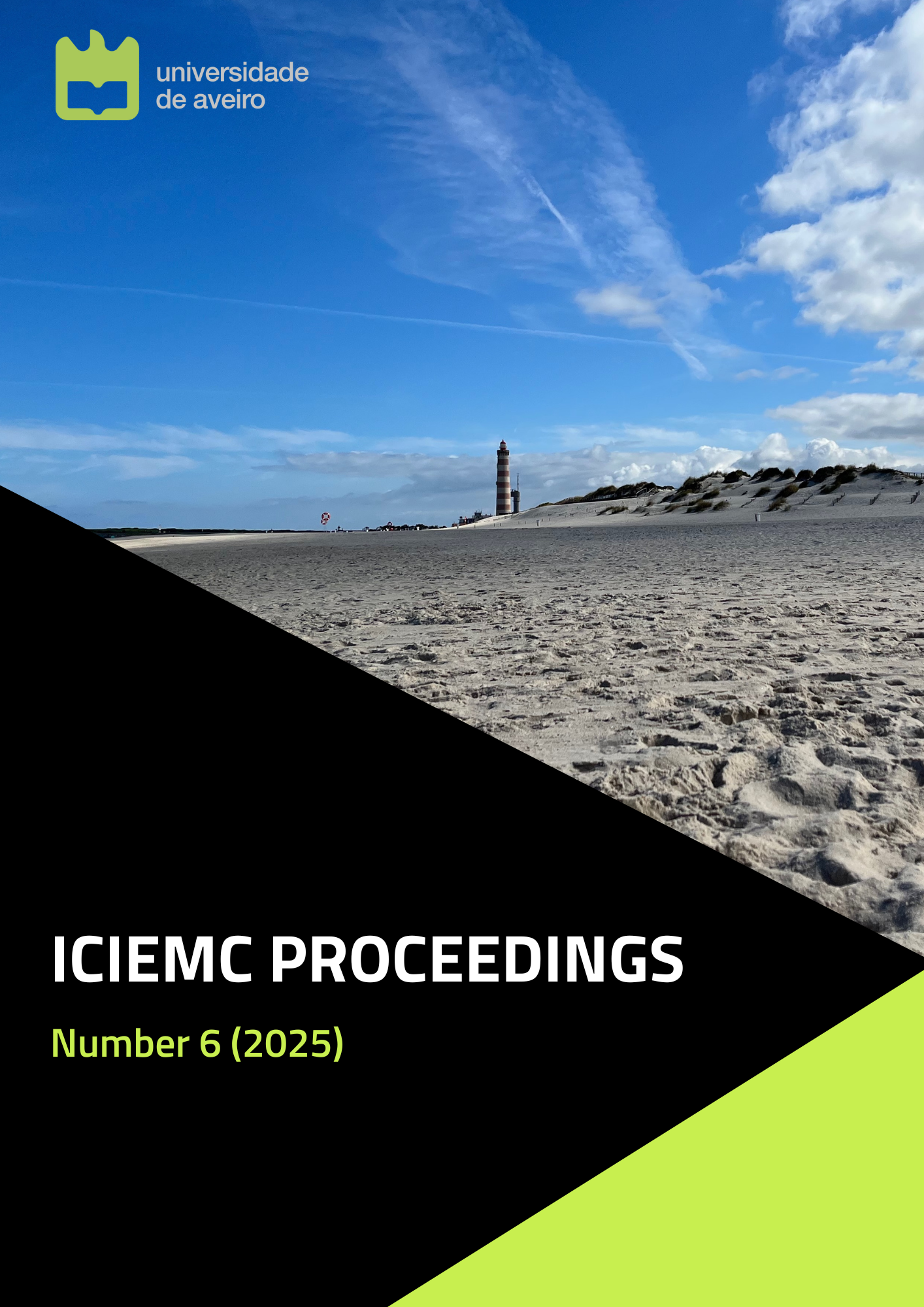Higher Education Students and PBL Methodology
An Exploratory Study of Correlations in Learning Experiences
Resumo
Project-Based Learning (PBL) is a teaching approach centred on research and the resolution of complex, real-life problems through the design and execution of practical projects. In higher education, it stimulates independent thinking and problem-solving skills, promoting more meaningful learning. This study aimed to evaluate the effectiveness of PBL among higher education students using an instrument developed by Chang et al. (2018). It was an exploratory study that sought to identify patterns in the relationships between the involved variables. The results revealed positive and significant correlations between all the dimensions of PBL effectiveness, emphasising the strong association between motivation and the quality of the final product. This reinforces the potential of PBL in developing transversal competencies in higher education. Based on these results, the adoption of the PBL methodology over traditional methods is considered pertinent, since it responds more effectively to society's demands for the holistic development of students.




